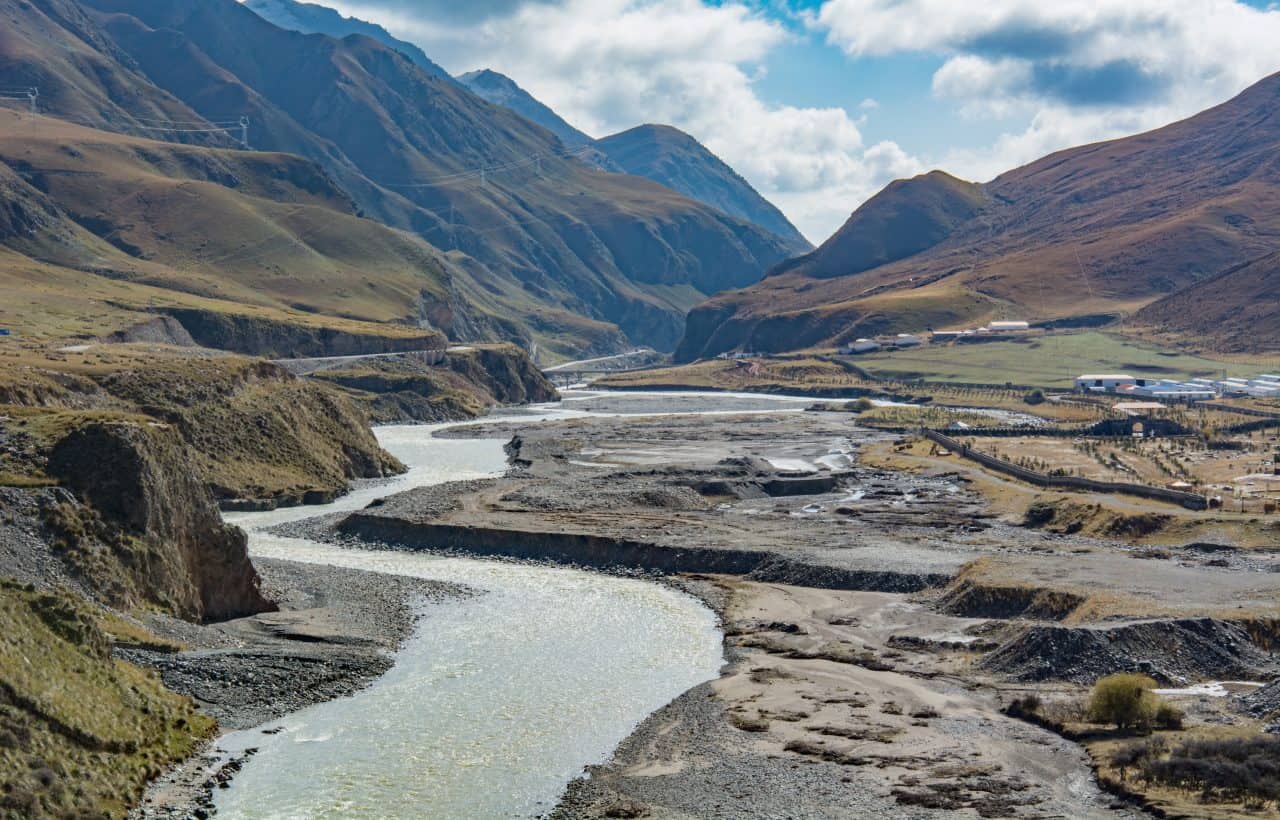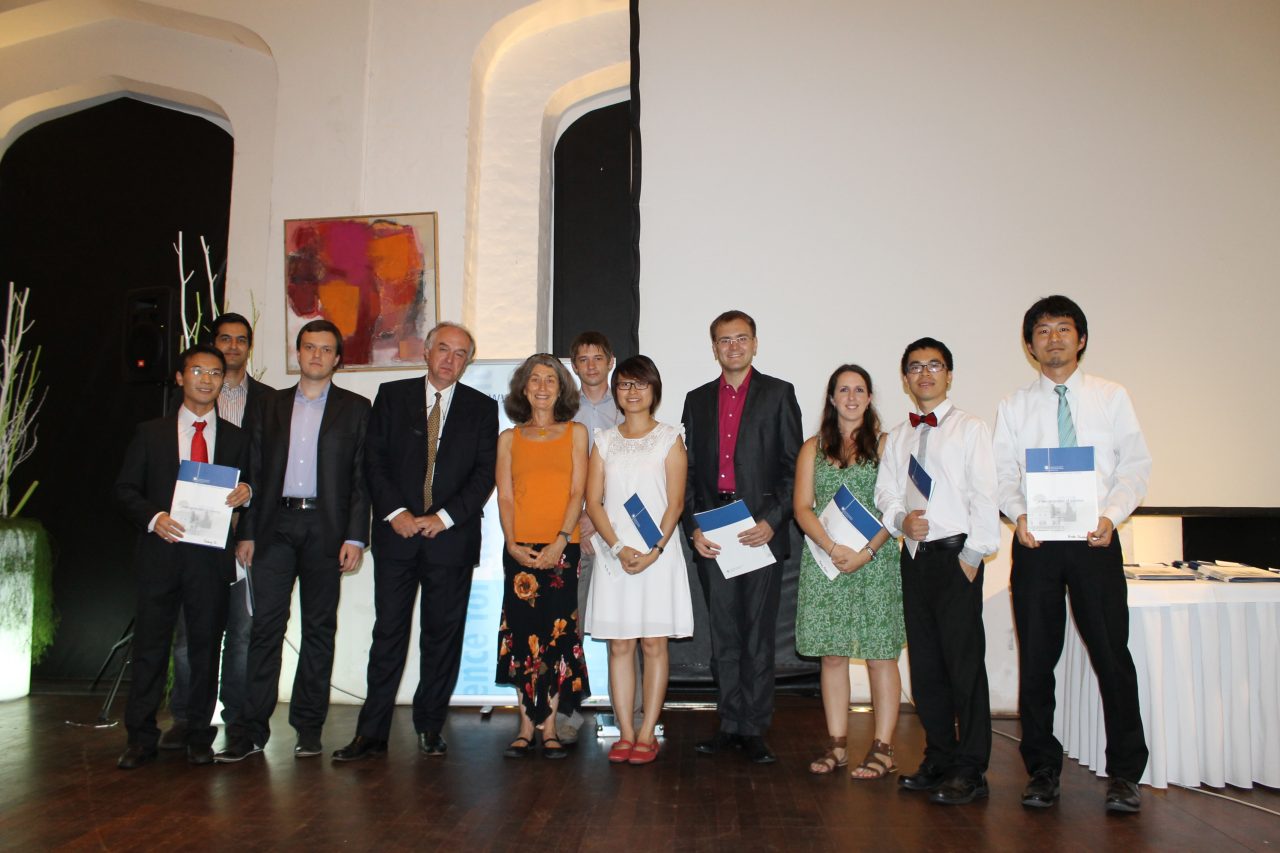University of Tokyo researcher Ali Kharrazi credits the 2012 IIASA Young Scientists Summer Program (YSSP) with strengthening his passion, and giving him the research skills, to make a positive impact on humanity and sustainable development. He continues to collaborate with the institute as a guest researcher.
What is your research focus?
I’m currently examining both theoretical and empirical dimensions related to resilience and the wider application of sustainability indices and metrics. Towards this end, I have lately completed a literature review of empirical approaches to the concept of resilience, examined the resilience of global trade growth, and examined the resilience of water services within a river basin network.
My future project includes the examination of the application of modularity for resilience and its impact on other system characteristics of resilience, such as redundancy, diversity, and efficiency. In addition, I am collecting more data on the water-energy-food nexus, to empirically examine the resilience of these critical coupled human-environmental systems to various shocks and disruptions. I am working with other researchers towards channeling the emergence of urban big data towards practical research in sustainability indices and metrics, especially those which are related to resilience. Finally, I am engaged in what may be called ‘action research’ towards better teaching and engaging the concept of resilience to students.
How do you define resilience for a layperson or a student?
At its simplest, resilience is the ability of a system to survive and adapt in the wake of a disturbance.
The concept of resilience has been dealt by various disciplines: psychology, engineering, ecology, and network sciences. The literature on resilience relevant to coupled social-environmental systems therefore is very scattered, not approached quantitatively, and difficult to rely upon towards evidence based policy making. There are few empirical approaches to the concept of resilience. This makes it difficult to measure, quantify, communicate, and apply the concept to sustainability challenges.

In a recent study, Kharrazi explored the resilience of the Heihe river basin in China ©smiling_z | Shutterstock
What is missing from current approaches of studying resilience?
There is a need for more empirical advancements on the concept of resilience. Furthermore, empirical approaches need to be tested with real data and improved for their ability to measure and apply in policymaking. If you look at the Sustainable Development Goals (SDGs) the concept of resilience is used numerous times, however the indicators used to reflect the concept need to be improved to better reflect the elements of the concept of resilience. This includes the ability to consider adaptation, the ability to integrate social and environmental dimensions, and the ability to evaluate systems-level trade-offs.
We need to apply the different empirical approaches to the concept of resilience towards real-world sustainability challenges. With the emergence of big data, especially urban big data, we can better apply and improve these models.
How did you personally become interested in this field of research?
I always wanted to make a positive impact for humanity and our common interest in sustainable development. When I first started my PhD, my PhD supervisor at Tokyo University, Dr. Masaru Yarime, told me to always set your sight on the ‘vast blue ocean’ and how as researchers we should dedicate our time to critically important yet less researched areas. Given the global discussions of SDGs and the Agenda 2020 at that time I became interested in the concept of resilience, its relationship to common sustainability challenges, and our inability to measure and quantify this importance concept. My research stay at IIASA and YSSP and especially my experience with the ASA group strengthened my passion to contribute to this area and therefore since my PhD I have continued to research in this area and apply it to various domains, such as energy, water, and trade.
How would you say IIASA has influenced your career?
Without IIASA and especially the YSSP in the Advanced Systems Analysis program, my academic career would have never taken off. I am truly indebted to the YSSP, where I learned how to engage in scientific research with others from diverse academic and cultural backgrounds and most importantly had the chance to publish high quality research papers. IIASA also gave me the chance to get experience in applying for international competitive funding schemes and truly believe in the importance of science diplomacy and influence of science on global governance of common human-environmental problems in our modern world.
Follow Ali Kharrazi on Twitter

Ali Kharrazi, second from left, received his certificate with other participants of the 2012 YSSP
References
Kharrazi A, Akiyama T, Yu Y, & Li J (2016). Evaluating the evolution of the Heihe River basin using the ecological network analysis: Efficiency, resilience, and implications for water resource management policy. Science of the Total Environment 572: 688-696. http://pure.iiasa.ac.at/13594/
Kharrazi A, Fath B, & Katzmair H (2016). Advancing Empirical Approaches to the Concept of Resilience: A Critical Examination of Panarchy, Ecological Information, and Statistical Evidence. Sustainability 8 (9): e935. http://pure.iiasa.ac.at/13791/
Kharrazi A, Rovenskaya E, & Fath BD (2017). Network structure impacts global commodity trade growth and resilience. PLoS ONE 12 (2): e0171184. http://pure.iiasa.ac.at/14385/
This article gives the views of the author, and not the position of the Nexus blog, nor of the International Institute for Applied Systems Analysis.


You must be logged in to post a comment.